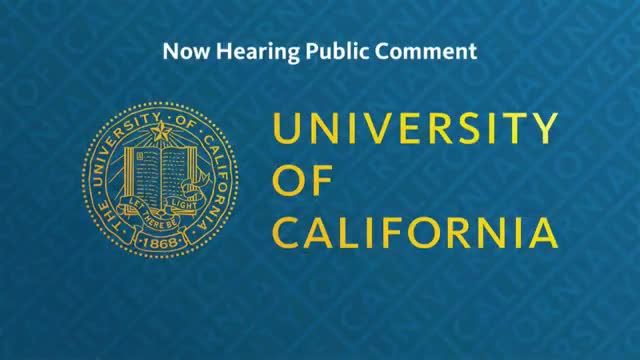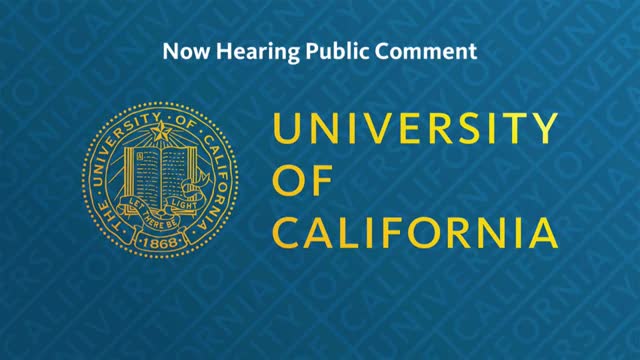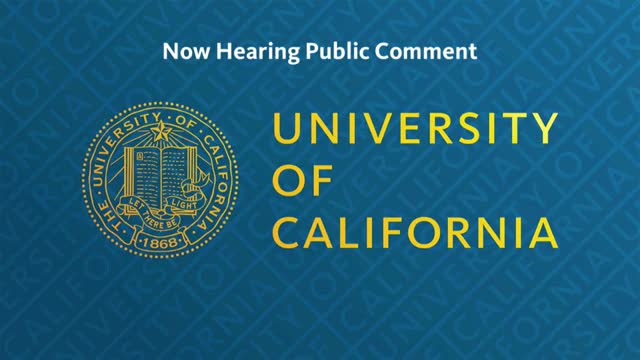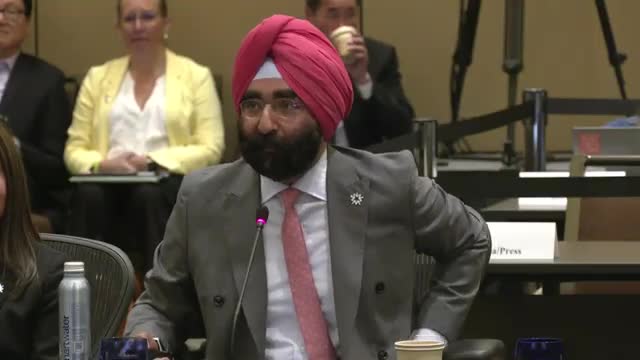Article not found
This article is no longer available. But don't worry—we've gathered other articles that discuss the same topic.

Students warn regents delegation for PDST fee increases would strip transparency

Workers at Apollo-owned Cardenas tell regents of heat stroke, harassment and call for unionization

Disabled students tell UC mask ban excludes and risks participants; cite ADA and lawsuit

Lecturers, resident physicians and union members press UC regents over layoffs, wages and staffing

